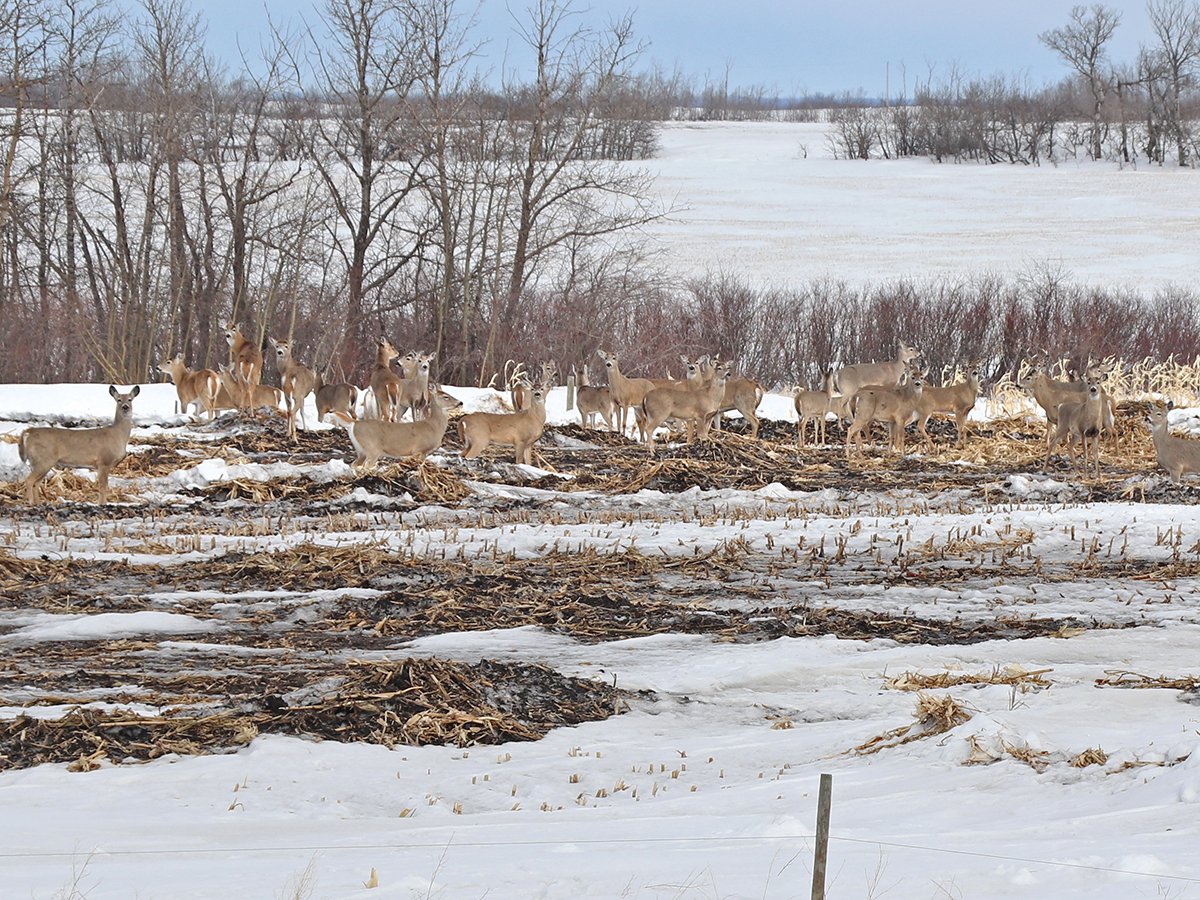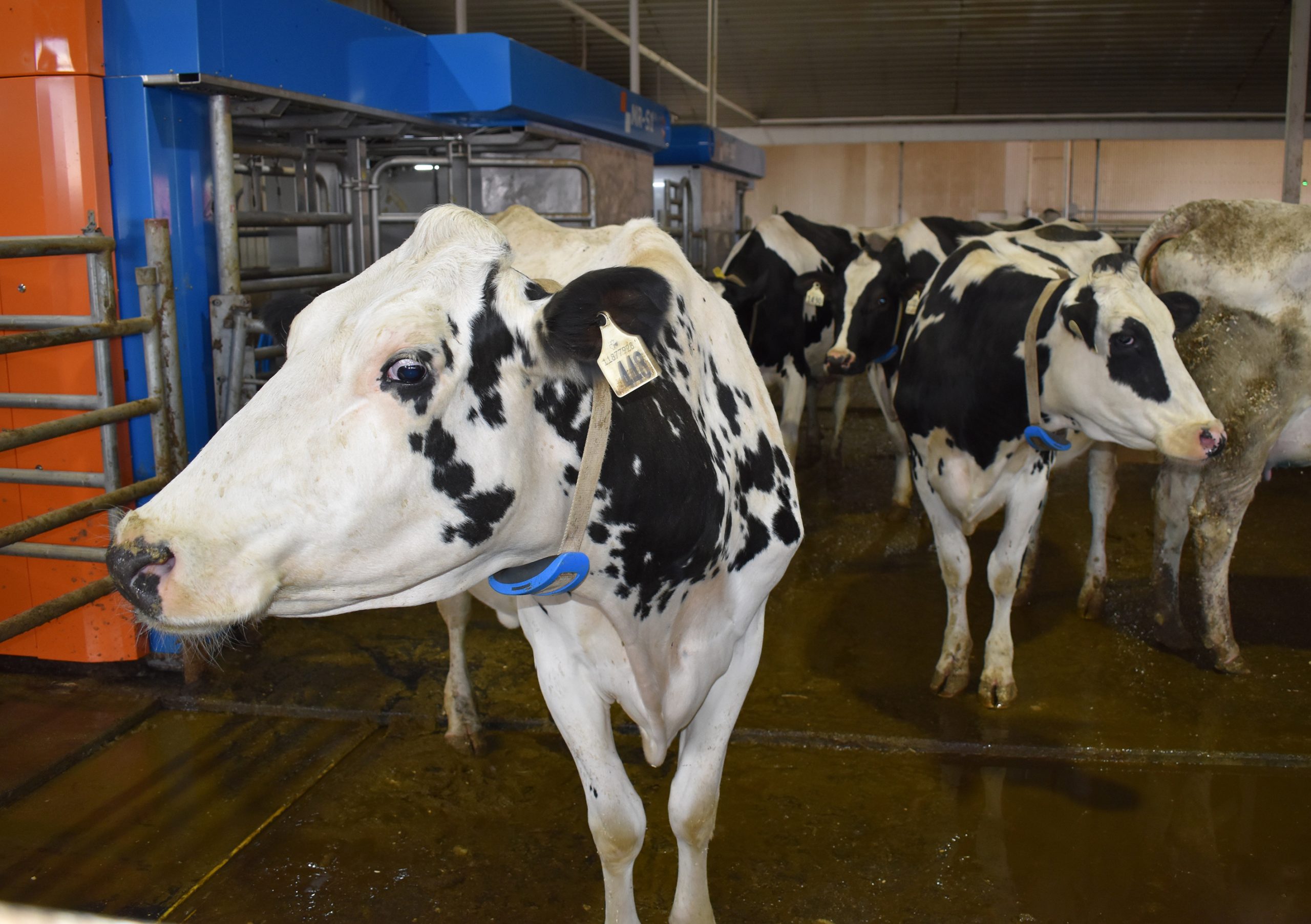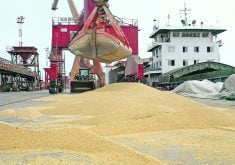Winnipeg bureau
The United States has asked the Canadian government, again, for formal consultations over Canada’s policies on dairy imports. That could lead to a second dispute resolution panel, under the U.S.-Mexico-Canada Agreement.
If that process leads to a favourable ruling for the U.S. and Canada doesn’t comply with its USMCA obligations, the American dairy industry wants its government to ratchet up the pressure on Canada.
Read Also

Foot-and-mouth disease planning must account for wildlife
Our country’s classification as FMD-free by the World Organization for Animal Health has significant and important implications for accessing foreign markets.
“We would be asking the administration to impose retaliatory tariffs on Canadian products, but first we need to succeed in this new case,” said a spokesperson for the National Milk Producers Federation in late December.
The U.S. government and American dairy industry claim that Canada isn’t complying with the rules of the trade agreement because Canada isn’t providing fair market access to U.S. dairy products.
Tom Vilsack, U.S. agriculture secretary, said Canada is in violation of the agreement.
“Obtaining access to the Canadian market for U.S. producers and exporters is an important priority for this administration.”
The dispute centres on how Canada manages something called tariff rate quotas (TRQ), a preferential tariff rate for a certain quantity of imports of dairy products like milk, milk powders and cheeses. If dairy imports are above the specified quantity, or quota, it results in a much higher tariff.
The U.S. claims that Canada is not allocating its TRQ fairly because it is giving the “bulk of the quota to Canadian (dairy) processors,” the National Milk Producers Federation said on its website.
So, American dairy companies are exporting fewer dairy products to Canada.
“We remain very concerned by Canada’s refusal to honour USMCA commitments,” said U.S. trade representative Katherine Tai. “Canada persists in implementing new dairy policies that are inconsistent with the USMCA and which continue to deny U.S. workers, farmers, producers and exporters the full benefits of market access they were initially promised.”
About a year ago, a USMCA dispute panel agreed with Tai and the American dairy industry. The panel ruled that Canada was breaching the trade agreement, by allocating most of the TRQ to Canadian processors.
Last spring, Canada altered its TRQ allocation, but the U.S. government and dairy industry were not satisfied.
Meanwhile, Canada’s international trade minister, Mary Ng, defended the changes.
“We are confident that the new policies fully comply with the panel’s findings and its recognition that Canada has the full discretion to administer its TRQs under (USMCA) in a manner that supports Canada’s supply management system for dairy.”
robert.arnason@producer.com
















